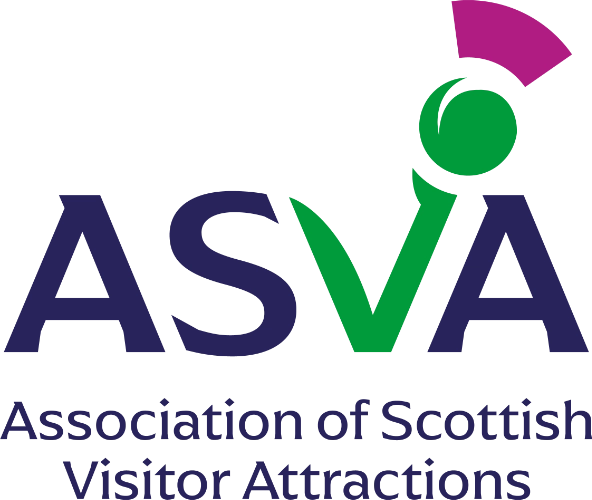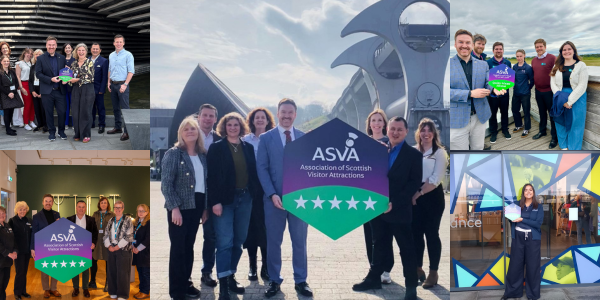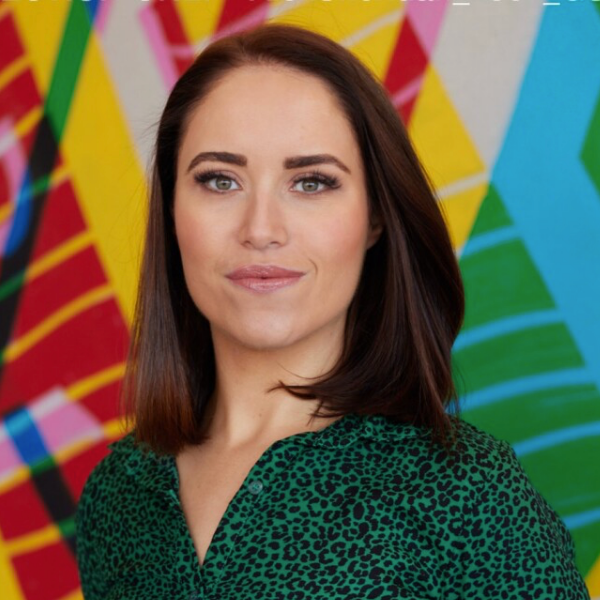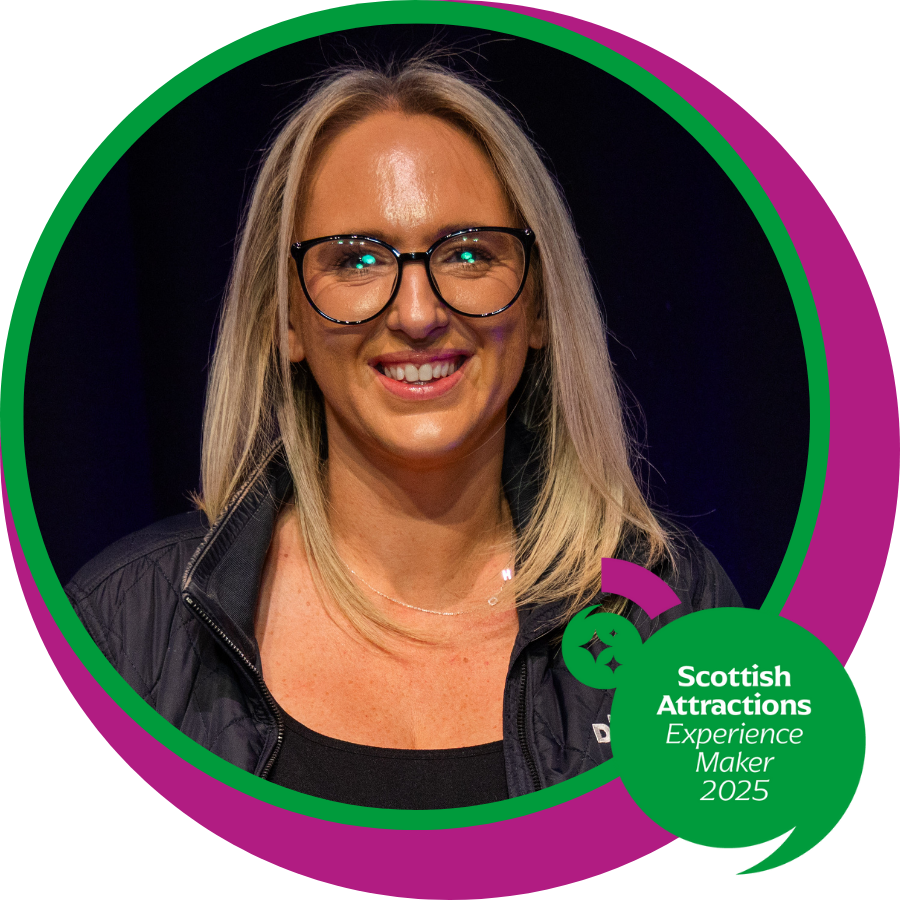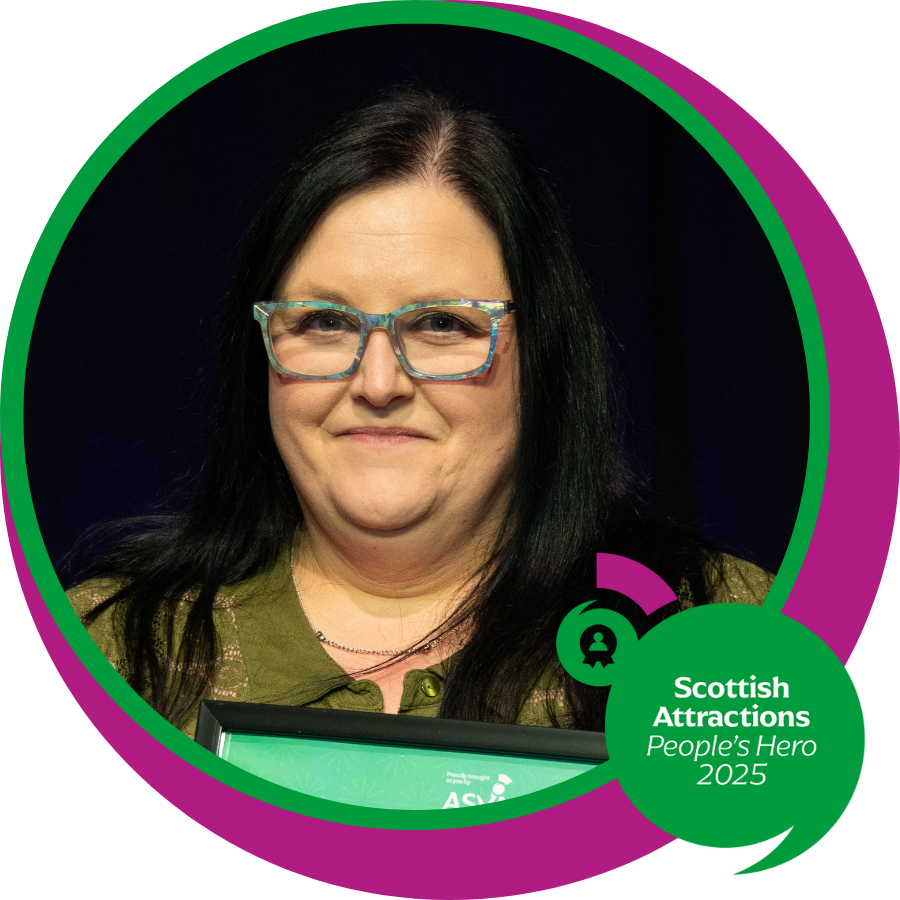Tourism plays a vital role in the success of many Scottish businesses. And with good reason. According to recent stats compiled by VisitScotland from the latest International Passenger Survey, there’s real global appetite for visits to Scotland – and these visits are shortening but rising in spend. In 2024, there were 4.4 million trips in Scotland by international visitors – comprising 30.8 million nights spent in Scottish accommodations, and a total spend of £3.9 billion. A growing proportion of these tourists are using intermediaries, like tour group operators, to make the most of their visits – meaning these operators are an untapped opportunity for business.
Thanks to Flourish Marketing for sharing this article with us.
At Flourish Marketing, we work with the travel trade and tourism businesses – helping each discover mutual benefit through the power of marketing. Here’s our team’s top suggestions, to help you get started.
1 – Understand the Group Travel Audience
To kick off communications with a group travel provider, show that you understand their customer base. This market covers a spectrum of price points, so it’s important to understand where you fit, and focus on specific partners accordingly. All operators prioritise comfort and safety, as well as the experiences on offer – so bear this in mind.
For example, when dealing with a provider who organises coach tours for a largely UK audience, think about how you cater for accessibility or customers with varying fitness levels. If they deal with a lot of international tourists, consider how your experience is delivered to non-native English speakers.
2 – Build relationships with operators
How do you reach the group travel audience? Network at trade shows, have tailored marketing materials you can share, offer familiarisation trips so that operators can experience your destination first hand. You might be doing this already – in which case, level up your activity to stand out.
Prepare an elevator pitch that you can deliver in conversation; and be aware that they might hear a lot of these. Set yourself apart by backing statements up with numbers and gather customer feedback to provide satisfaction rates for your experiences.
It’s competitive, so be bold and creative in your approach. Are you launching a new product or menu? Demonstrate this with an exclusive event for the travel trade, inviting your contacts to nourish each relationship. Get guests creating their own content on socials to grab the attention of the industry – instagrammable moments, backdrops, or aesthetic installations will create digital buzz that will back up any outreach you’re doing.
3 – Tailor your offer to groups
Group travel operators are busy. They operate with lean teams, so you will score points by showing that you can create efficiencies for them. Think about how your offer fits into half day or full day packages.
What does a half day look like? Yes, there’s the practical elements that need to be built in (like the option for catering, parking, and logistics) but go beyond that to think about what tourists want. In Scotland, that’s likely to include a sense of place, some Scottish heritage, perhaps romantic storytelling – especially if your audience is an international one. They want an authentic experience, but also one that plays to the narrative of Scotland as somewhere that’s moody, magical, and soaked in history.
4 – Highlight your USPs
You need to communicate why you’re different. Whatever sets you apart – put that at the core of your message. It could be your product, heritage, or reputation.
Also be careful to highlight any Environmental or Social Responsibility (ESG) credentials you have. Many operators are reporting on their environmental impact, and even crafting tours and offers that cater to a more conscious consumer. Highlighting these will make it easy for operators to assess where your business might fit in with their existing offer.
5 – Offer value and incentives
It’s a tricky point – but ultimately you might see more success with group tour operators if you offer value or incentives. And that’s why many businesses will have a tailored product for group travel – to ensure commercial viability. Group discounts for your shop or merchandise; a dining package alongside your accommodation; or exclusive access to a place or experience that’s not available to the wider public. These are appealing to operators because it’s added value for their customers, and a reason for them to book!
These types of deals make money by guaranteeing volume and increased uptake on upselling, but you need to have a firm grasp of the numbers before you agree to any discount.
6 – Make logistics easy
Arranging tours is a fine-tuned, effort-intensive process, which is why changes to itineraries aren’t common. Make operators’ lives easier by clearly highlighting coach parking, group entrances, and facilities. Consider local traffic and routes to the next location. Have menus, and ordering procedures accessible and simple for customers. And think about every moment from that coach parking up, to guests leaving satisfied, providing relevant info for every step of that process.
7 – Show proof and endorsement
It’s all very well for you to communicate your strengths, but it’s more impactful when it comes from your previous customers. Collect positive reviews and endorsements – from customers and from other tour operators you may already have worked with. Collect the feedback in different formats, especially video if you can. Form these into case studies and content for your owned channels to really showcase your success to this audience.
Want some tailored advice to help with marketing to group and tour operators? Get in touch with team Flourish!
